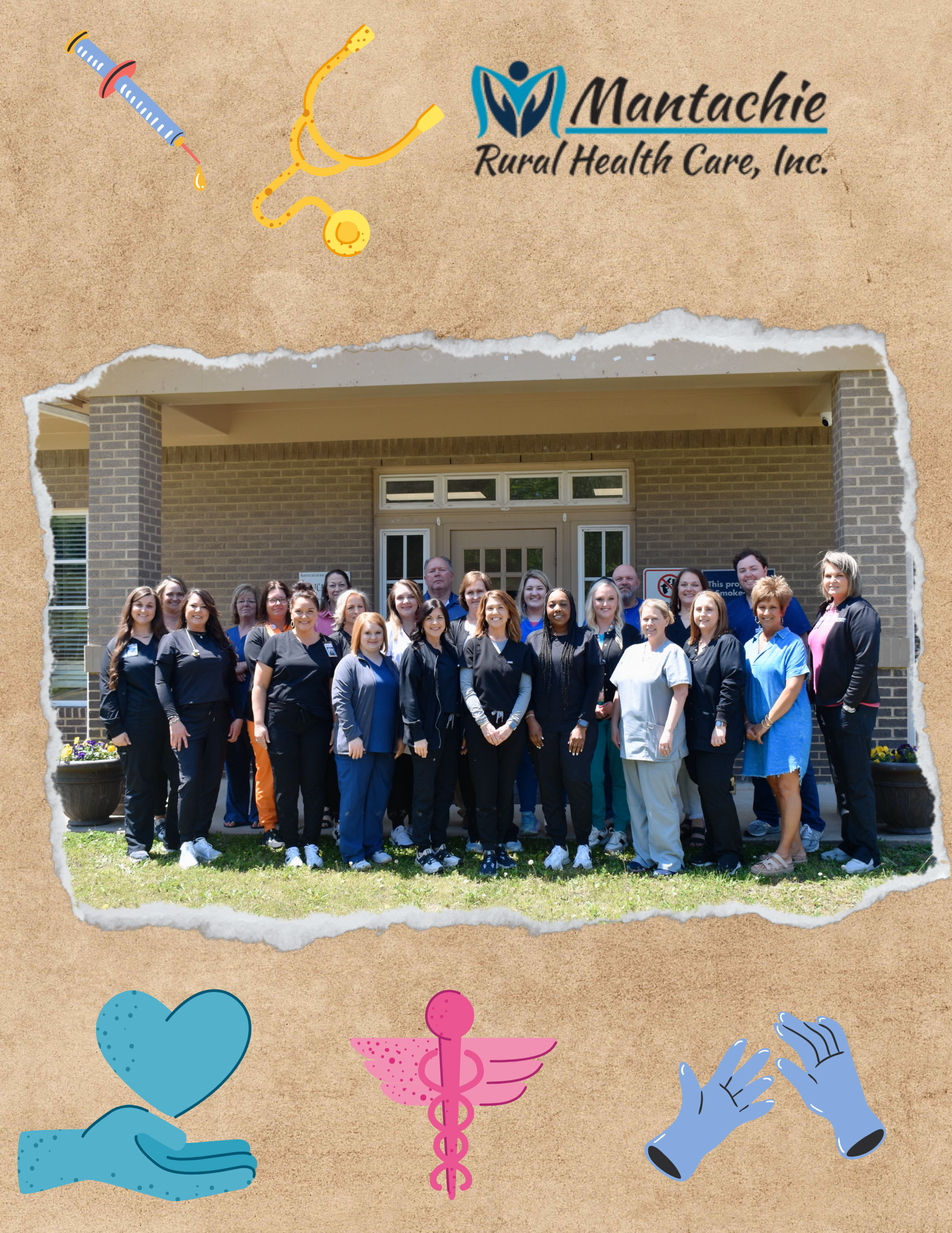
Masked by the busyness of everyday life symptoms of ovarian cancer lurk unnoticed. Although this cancer normally strikes women over 50 the disease has surprised women of all ages. Like most cancers, ovarian cancer is most easily treated in its earliest stages, however, only 20% of cases are detected in stage 1.
Unlike uterine and breast cancer, ovarian cancer lacks tests for early detection. Combined with few obvious symptoms, even women who keep their yearly wellness exams find themselves ambushed by a mid or late-stage cancer diagnosis.
Although this cancer produces few symptoms, the most common indicators include:
- Abdominal bloating, pressure, and pain
- Abnormal fullness after eating
- Difficulty eating
- Increase in urination
- Increased urge to urinate
- Fatigue
- Constipation
- Discomfort in the pelvic area
Because these ailments may also indicate less benign illnesses, it’s important to see your provider especially if you notice a combination of these symptoms that do not go away or recur often.
To diagnose ovarian cancer, your provider may perform a pelvic exam, order imaging test such as ultrasounds or CT scans and test your blood for tumor markers. Some ovarian cancers prove harder to diagnose than others and may require surgery in order to remove your ovary and test it for cancer.
Cancer survivors encourage other women to become their own best advocate. Pay attention to your body’s signals. If you are unsatisfied that your provider listened to your concerns and treated them seriously, make an appointment with another provider for a second opinion.
Ovarian cancer may strike any woman but your risks may increase if you fit into any of these scenarios:
- Between the ages of 50-60 years, although ovarian cancer can occur at any age.
- Inherited gene mutations. Breast cancer gene 1 (BRCA1) and breast cancer gene 2 (BRCA2), also known to increase the risk of breast cancer, increase the risk of ovarian cancer.
- Family history. If one or two close relatives have experienced ovarian cancer you are at higher risk.
- Long term use of estrogen hormone replacement therapy.
- Age when menstruation started and ended. If your cycles started early or you experienced a later menopause, you may be at higher risk of ovarian cancer.
- Obesity
- Personal history of breast, uterine or colon cancer
- No history of pregnancy
- Endometriosis
If you’re experiencing any of the symptoms of ovarian cancer, do not wait to contact your medical provider. If you do not have a medical provider, schedule an appointment with one of our providers. Your health is worth pursuing.





Speak Your Mind